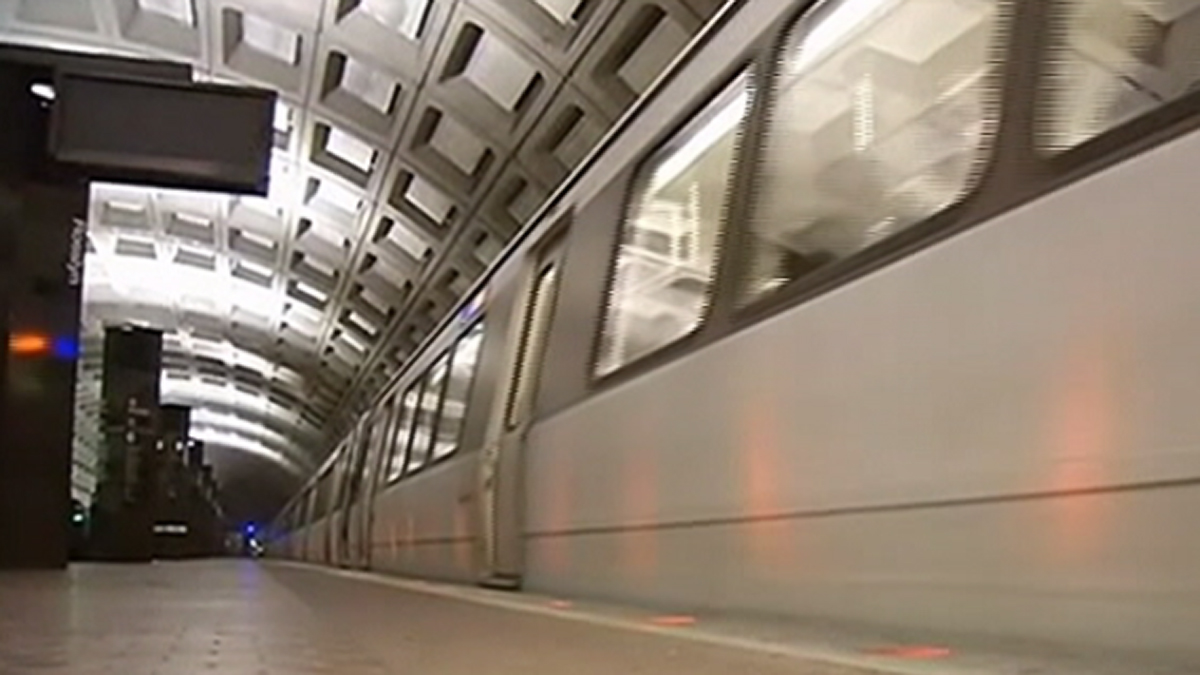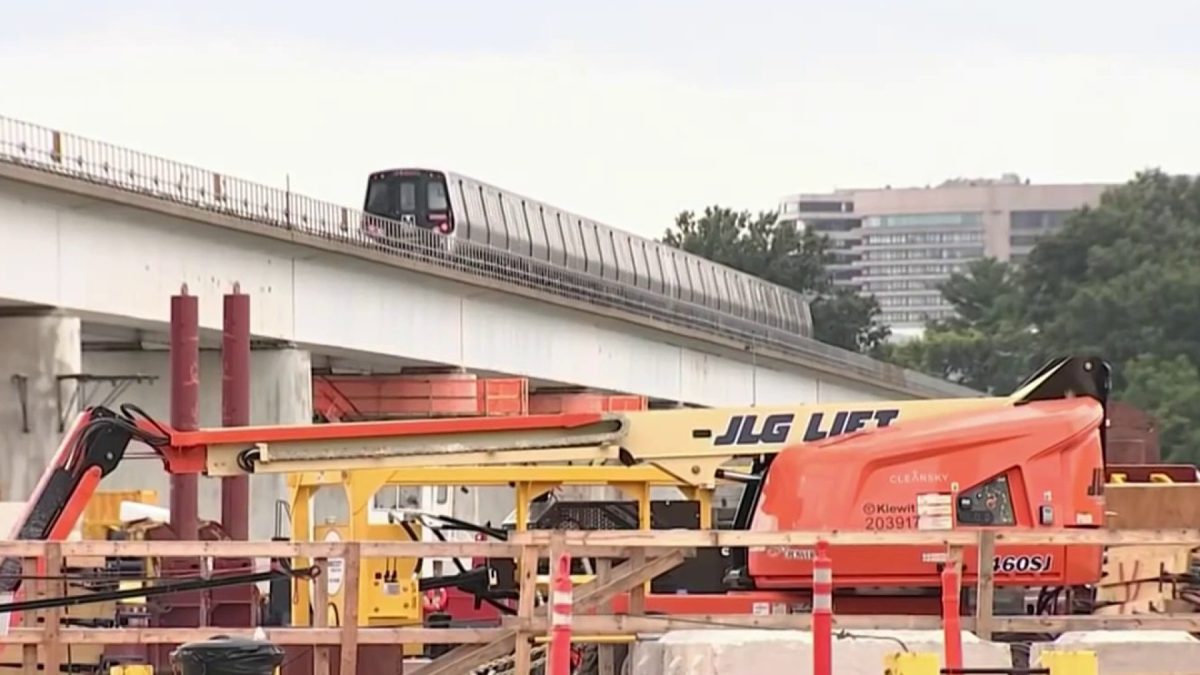A railroad strike may impact commuters in the Washington, D.C., area starting at the end of this week, according to MARC and the Virginia Railway Express (VRE).
The U.S. railroad unions could strike as soon as the Friday deadline if they do not settle contract disputes. The strikes could potentially affect passenger service, as well as the price people pay for anything that is shipped by rail.
Suzanne Clark, the head of the U.S. Chamber of Commerce, said Monday that “a national rail strike would be an economic disaster — freezing the flow of goods, emptying shelves, shuttering workplaces and raising prices for families and businesses alike.”
There are negotiations going on between unions and railroads, but two of the biggest unions representing conductors and engineers have been holding out. They want railroads to go beyond the Presidential Emergency Board’s recommendations and address some of their concerns.
We're making it easier for you to find stories that matter with our new newsletter — The 4Front. Sign up here and get news that is important for you to your inbox.
How Would a Railroad Strike Impact MARC and VRE Service?
In the D.C. area, MARC and VRE are warning customers about the possible cancellation of service should a strike happen. This is because the trains run on tracks owned by CSX and other companies that are involved in the labor dispute.
The Maryland Department of Transportation announced that the MARC’s Camden and Brunswick lines will stop running if there's a strike on Friday. The Penn Line, a commuter train service between D.C. and Baltimore, would not be affected.
In Virginia, the VRE said a strike would lead to the suspension of all VRE train service until the strike ends.
Amtrak would cancel three long-distance routes that run on tracks owned by freight rail companies, although local Amtrak trains are less likely to be less affected because the company owns a lot of tracks along the Northeast corridor.
Other Impacts of the Potential Railroad Strike
The White House has begun to pressure the railroads and unions to settle their dispute. Members of the Cabinet, including Labor Secretary Marty Walsh, have urged the parties to reach a deal.
A Labor Department spokesperson said Monday it’s crucial that the parties remain at the negotiating table and come to an agreement because “a shutdown of our freight rail system is an unacceptable outcome for our economy and the American people.”
If the railroads shut down, it would cost the economy an estimated $2 billion a day, according to a report by the Association of American Railroads trade group.
In the D.C. area, a strike could have ramifications for the transport of goods by rail and for commuters.
Potential Strike Comes Amid Metro Shutdowns for Repairs
If a strike happens, it would not be the only closure impacting commuters; six Blue and Yellow Metro line stations in Virginia have closed for repairs for the next several months.
On Tuesday, the King Street station in Alexandria was busier than usual because of the Metro closures. Metro rider Jason Hughes said he thought taking the VRE to work would be a good alternative.
“This is the first I've heard of it and it gives me a little anxiety because this was my plan to get to work for the next six weeks," Hughes said of the possible strike.
Other Metro riders using the VRE as an alternative said that the strike would limit their commuting options. They said they don't want to drive to work because it takes too long and parking is expensive.
"It’s gonna make my commute much more difficult, because I'm taking the VRE now because of the Metro closures," Jessica Allen said. "So it's gonna make my commute into D.C. a lot more strenuous.”
The Associated Press contributed to this report.



